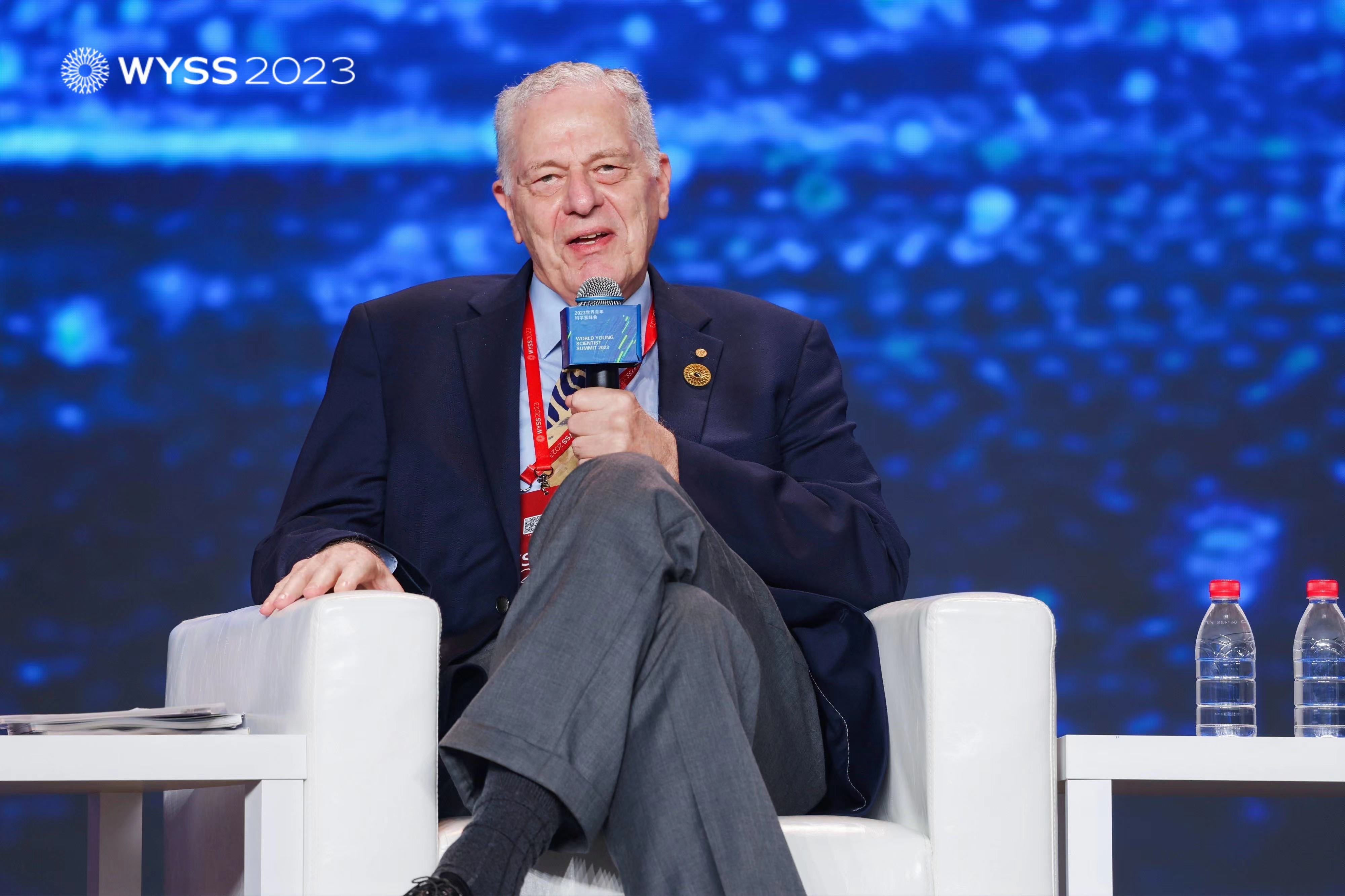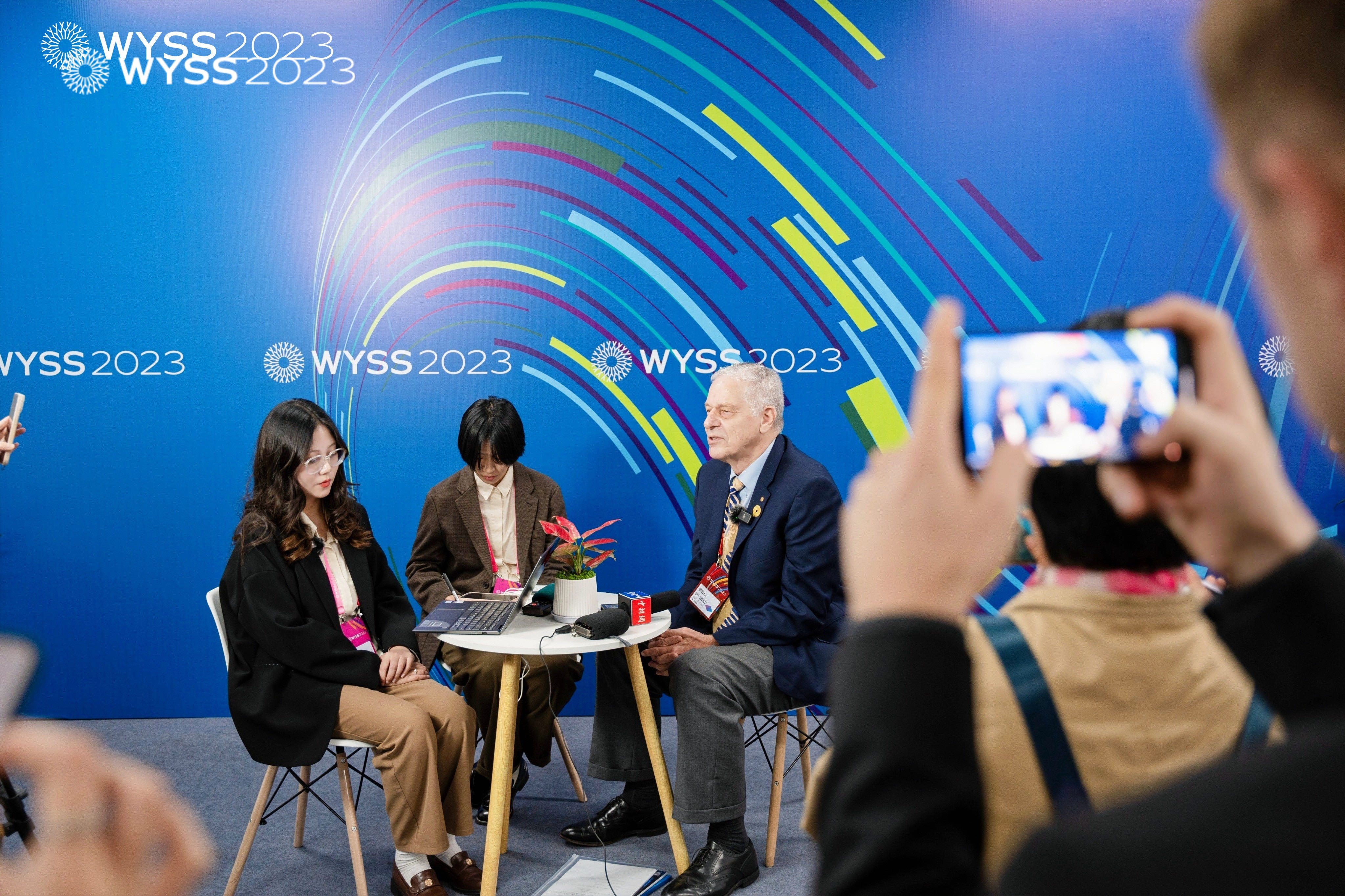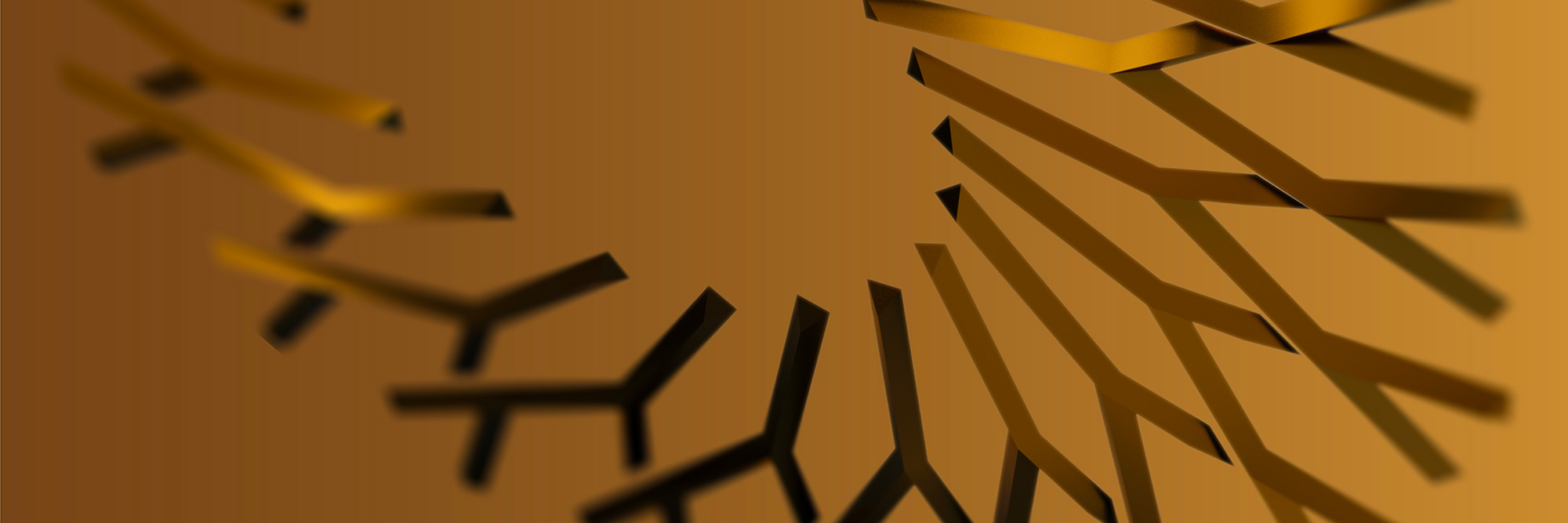The WYSS 2023 was held in Wenzhou from November 11 to 12, with several Nobel Prize winners in attendance. Joseph H. Taylor, a member of the American National Academy of Sciences and recipient of the 1993 Nobel Prize, participated in discussions on the topic of “how to apply brain-machine interface technology to clinical medicine.”
Attending the WYSS left a profound impression on him. Joseph H. Taylor expressed that the changes China has undergone in the past few decades have impressed people worldwide, and everyone is benefiting from China’s research achievements in applied and basic sciences.
Profile

Joseph H. Taylor, Jr., Nobel laureate in Physics in 1993, member of the American National Academy of Sciences, and James S. McDonnell Distinguished University Professor of Physics at Princeton University.
Reporter: It’s an honor to interview you. Welcome to Wenzhou for the WYSS. After listening to a few speeches, how do you feel?
Taylor: First of all, I am delighted to be in Wenzhou and see so many sci-tech talents gathered here. It’s amazing to witness the gathering of sci-tech talents in Wenzhou. I enjoy interacting with each guest and I am pleased to listen and learn from the speeches.

Reporter: It’s often said that technology changes lives. In urban development, what do you consider as key areas?
Taylor: The opening speech mainly focused on promoting sustainable material technology, which will bring immense benefits to the global population. In urban environments, particularly in cities with high population density that can fully utilize the positive outcomes of new materials, the advantages of technology changing lives will be highlighted.
Reporter: The theme of the WYSS is “Converging the World’s Talents, Creating a Better Future.” This event has been held for 5 years now. What message do you have for the WYSS?
Taylor: Technology knows no boundaries, and the development of technology requires the power of international cooperation. International conferences like the WYSS are increasingly frequent, and the exchange and collaboration of scientists on a global scale are crucial. I believe the future of technology lies in the hands of the next generation. I would like to say to all young scientists, please persevere in your dreams. The key is to come up with an idea first, and then persist until you reach a research conclusion. I often say, if you are working in a laboratory and you discover something interesting, follow it through to see where it leads you. This work may have a profound impact.
